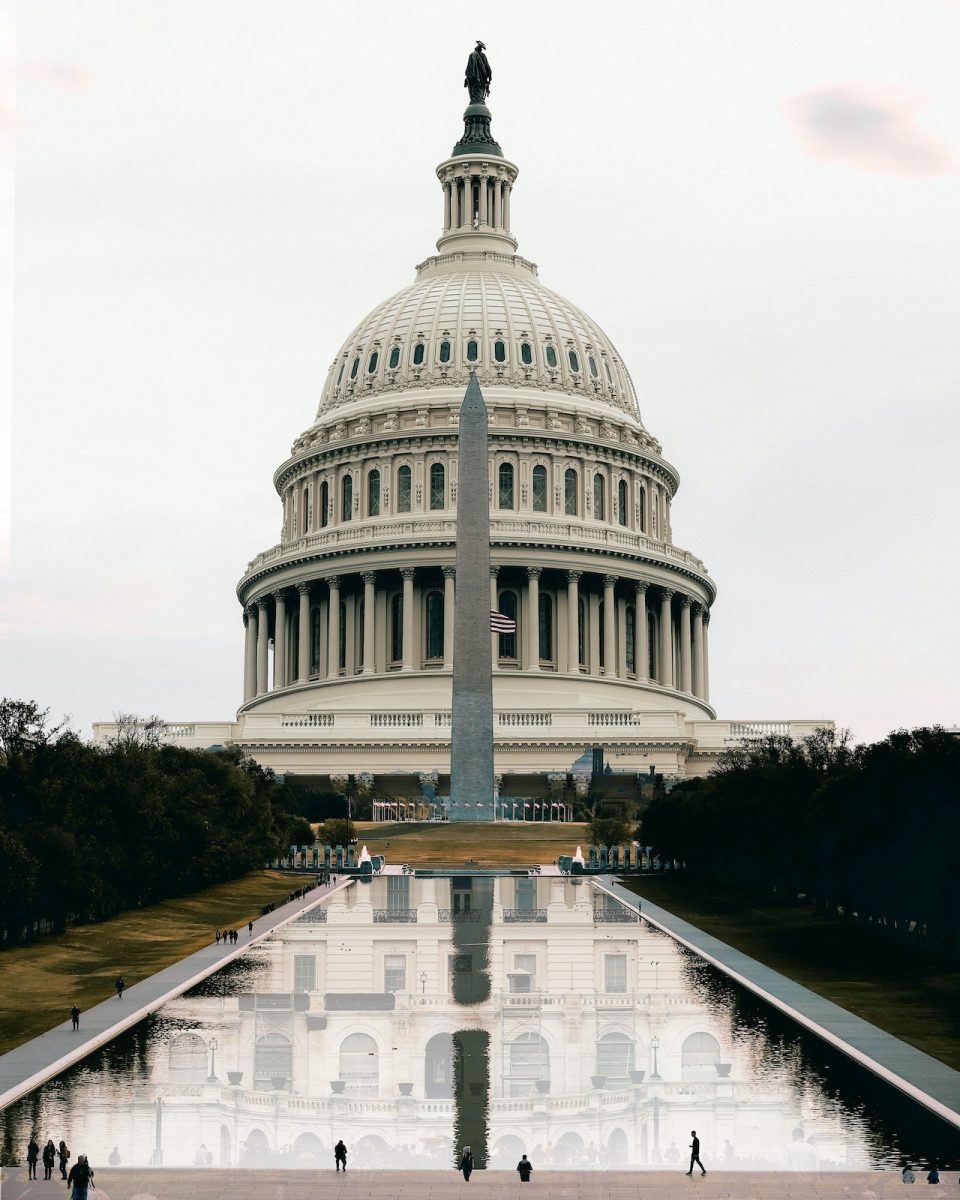Congress concluded a tumultuous week marked by political strife, leaving the US government on the brink of a potential government shutdown. The atmosphere grew increasingly tense as House Speaker Kevin McCarthy launched an impeachment inquiry on Tuesday, attempting to placate the conservative factions within his caucus. However, this move failed to alleviate the mounting pressure surrounding the looming shutdown deadline.
By Thursday, House Republicans encountered a surprising impasse in a typically agreeable area: defense appropriations. The stalling of progress in this domain, at least for the week, led to a contentious standoff between McCarthy and the far-right Freedom Caucus, culminating in heated exchanges and online personal attacks.
McCarthy, addressing the press, acknowledged his frustration, stating, “I showed frustration in there because I am frustrated with some people in the conference.”
Simultaneously, the financial sector observed these developments with growing concern, as the likelihood of a government shutdown in two weeks surged to at least 60 percent, according to Greg Valliere, the chief US policy strategist at AGF Investments. Valliere also noted McCarthy’s struggle with a faction in the House pushing for a shutdown and McCarthy’s removal as speaker.
Economists warned of significant economic consequences if a shutdown were to occur. Chief economist Greg Daco of EY cautioned that each week of government closure could result in a reduction of approximately one tenth of a percentage point from the GDP. This, coupled with the ongoing UAW strike and the resumption of student loan payments, could exert a substantial drag on fourth-quarter growth.
While the House of Representatives was the epicenter of inaction, the Senate faced its own challenges. Senate Majority Leader Chuck Schumer’s plan to advance a “minibus” appropriations package encountered a major setback when Sen. Ron Johnson (R. Wisc.) objected to the amendment process, leading to a halt in voting for the week.
Schumer, visibly frustrated, remarked, “And now all of a sudden, you have a group, a small group in the Senate, trying to mimic the Freedom Caucus in the House.” He vowed to press forward with his proposal next week despite Johnson’s objections.
Both chambers of Congress are slated to reconvene on Monday, leaving less than two weeks before the crucial September 30th fiscal year deadline. Should Congress fail to act, a US government shutdown will ensue.
The most probable interim solution to avert a shutdown appears to be a short-term extension of government funding, commonly known as a continuing resolution. However, bipartisan consensus on even a stopgap measure remains uncertain. House Republicans are reportedly considering a proposal that combines a brief extension with border provisions, though the Senate is likely to reject it, even if McCarthy secures the necessary votes.
On a separate front, the White House and Senate, including key Republicans like Senate Minority Leader Mitch McConnell, advocate for a continuing resolution focused on disaster relief and funding for Ukraine, potentially sustaining government operations until year-end.
In a recent note, analysts at Goldman Sachs acknowledged the persistent likelihood of a shutdown, while highlighting the urgent need for disaster relief funds for states like Hawaii and Florida, which could elevate the probability of Congress passing at least one extension prior to any potential shutdown.
McCarthy has assured that when House lawmakers reconvene next week, they are committed to staying until a shutdown is prevented. “We won’t be departing,” he affirmed to reporters on Thursday, emphasizing that a US government shutdown benefits no one.
Source: Yahoo finance

